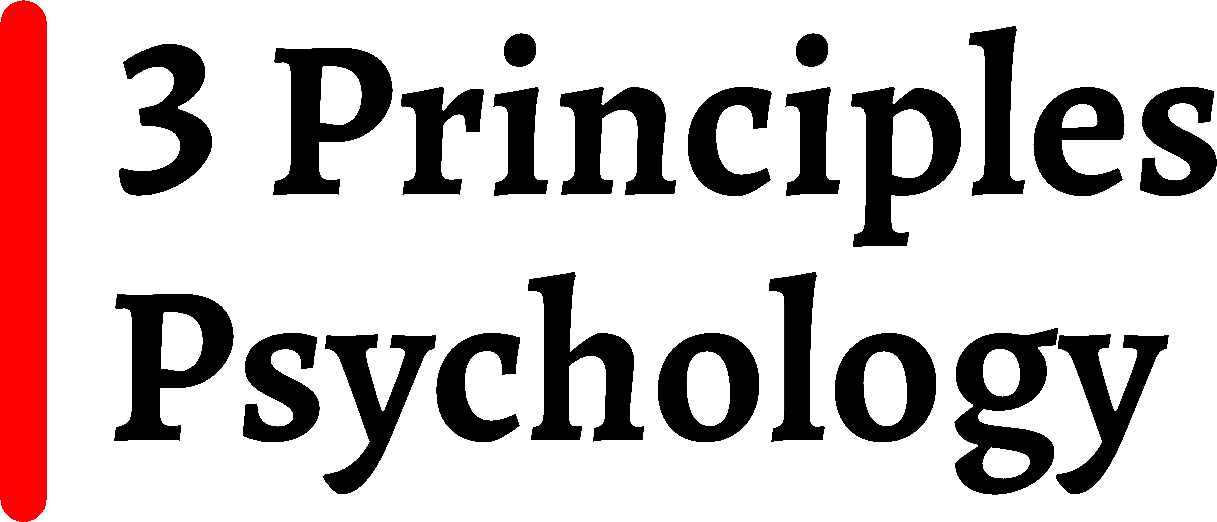How does mental clutter get created?
It’s really utterly simple. When we have a feeling that doesn’t look like it comes from thought (and we all do, every day) it takes on a life of its own, unnecessarily, in our mind. The life that it takes on is judgement, a busy mind, a distracted mind, maybe even moderate or severe stress. This is how mental clutter gets created.
It often looks to us that the feeling we’re experiencing can be explained and justified by our circumstances, our relationships, our health, politics, our neighbour’s dog barking, or whatever else we may be thinking about. With this idea in play, we legitimize our feeling and ascribe it ‘out there’ onto whatever object or situation appears to be causing it.
What’s actually happened is that we’ve performed a little split in our mind, of separating thought from feeling. It’s a simple little split. We’ve all done it a million times. How many times have we said, “She makes me really angry!” or “He really upsets me when he does that?” It’s built into our language, built into our conversation. Every day – especially when things happen that we’d prefer not to happen – we give life to the idea that ‘things’ bother us, hurt us, make us feel sad, make us feel hurt, and even make us feel good. We unconsciously adopt these ideas as credible. We store them away and they become part of our mindset, our attitude, our bias, our personal reality.
When we split thought from feeling, we create the foundations of blame, irresponsibility and judgement: “It’s not me that has anything to do with the way I feel, it’s that person’s behaviour.” “That person caused me to feel ill towards them, it’s not my judgement, after all I’m not a judgemental person.”
In rehearsing these arguments to ourselves we lose sight of the fact of thought, and that we are all thinkers. We overlook the fact that our feeling is coming to us via our thinking. All of our feelings have thought behind them. All of them. Thought and consciousness is the birthplace of all feeling. Our feelings are actually giving us a profound moment-to-moment readout of what our thinking is doing in a given moment. And it’s happening for all of us, all of the time.
So what begins to clear up our mental clutter?
As we begin to see the benefit of getting feedback as to what our thinking is doing we gain the chance to be honest with ourselves. When we insightfully see that some thinking is not serving us, we’ll drop it. That simple little shift is monumental. We find ourselves back in the present moment where responsive, practical, insightful thinking is available to help us move forward with whatever is happening.
Seeing what’s actually going for yourself psychologically from this deeper foundation, from the absolute connection of all thought to all feeling, provides a window into your own thinking which you get to learn from. You begin to prevent your own stress as you go throughout your day. It will do something for you as a parent, as a partner, as a colleague, as human being and as a thinker. This is where truth and common sense enter the picture.
We all make the same mistake over and over again, of outsourcing our feeling to some cause other than our own thinking in the moment. But as we get wise to it, we also get to dodge the bullet of stress and difficulty more often, which is freeing and helpful.
by Keith Blevens, Ph.D., Tess Christy, and Valda Monroe.
